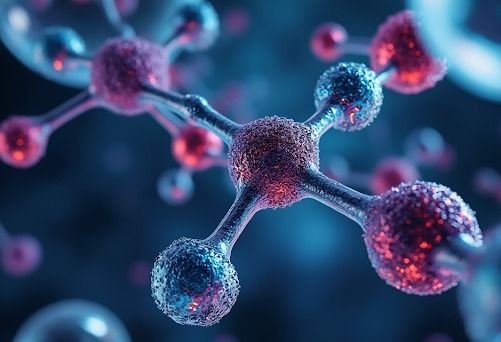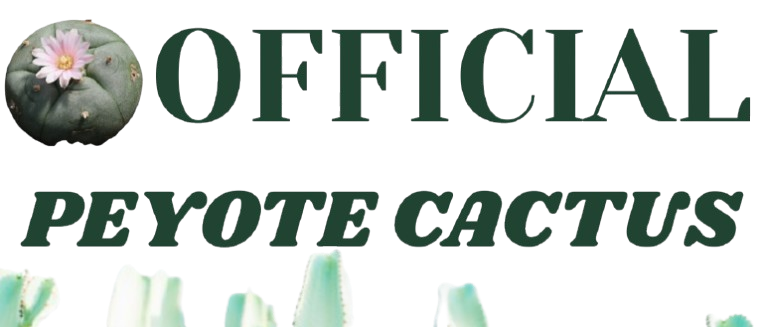
Unveiling Mescaline's Promise in Modern Science and Medicine
When we talk about the power of the peyote cactus, we are really talking about mescaline. This is the primary psychoactive compound responsible for the plant’s profound effects. While its use in indigenous spiritual practices is ancient, modern science is only now beginning to catch up, exploring mescaline’s potential to treat some of the most challenging mental health conditions.
Mescaline (3,4,5-trimethoxyphenethylamine) is an alkaloid belonging to the class of phenethylamines. It shares a chemical similarity with adrenaline and dopamine and its psychoactive effects are primarily mediated through its interaction with the brain’s serotonin receptors, particularly the 5−HT2A receptor. By activating this receptor, mescaline profoundly alters perception, cognition, and mood. The mescaline experience is known for its vivid visuals, deep introspection, and a sense of emotional and spiritual connection. Unlike psilocybin or LSD, its effects are much longer-lasting, often extending for 12 to 18 hours.
For much of the 20th century, scientific interest in mescaline and other psychedelics was stifled by strict prohibition and social stigma. Early research, though promising, was largely abandoned in the mid-1900s. However, the current “psychedelic renaissance” has prompted a renewed look at mescaline and its potential therapeutic applications. This new wave of research is not focused on recreational use, but on highly controlled, clinical settings where the psychedelic experience can be guided for maximum therapeutic benefit.
Preliminary studies and clinical anecdotes suggest that mescaline-assisted therapy could be effective for a range of mental health disorders, including:
Treatment-Resistant Depression: By inducing a state of “neuroplasticity,” psychedelics can help the brain form new connections and break out of rigid, negative thought patterns. Mescaline, with its long-lasting effects, may offer a sustained window for therapeutic work.
Post-Traumatic Stress Disorder (PTSD): The introspective and emotionally cathartic nature of a mescaline journey could help individuals safely process and integrate traumatic memories, leading to a reduction in symptoms.
Anxiety and Addiction: The profound shifts in perspective often reported during a psychedelic session can help patients re-evaluate their relationship with their anxieties or addictive behaviors, fostering a new sense of purpose and self-control.
It is critical to note that the therapeutic use of mescaline is a highly structured process, far removed from unsupervised, recreational use. It involves careful preparation, a guided session with trained therapists, and intensive integration work afterward. The goal is to harness the compound’s power not just to produce an experience, but to facilitate lasting psychological change.
As the scientific community continues to explore the complex relationship between mescaline and the human brain, we are uncovering the potential of a molecule that has been revered for its spiritual properties for thousands of years, bridging ancient wisdom with the frontiers of modern neuroscience.
